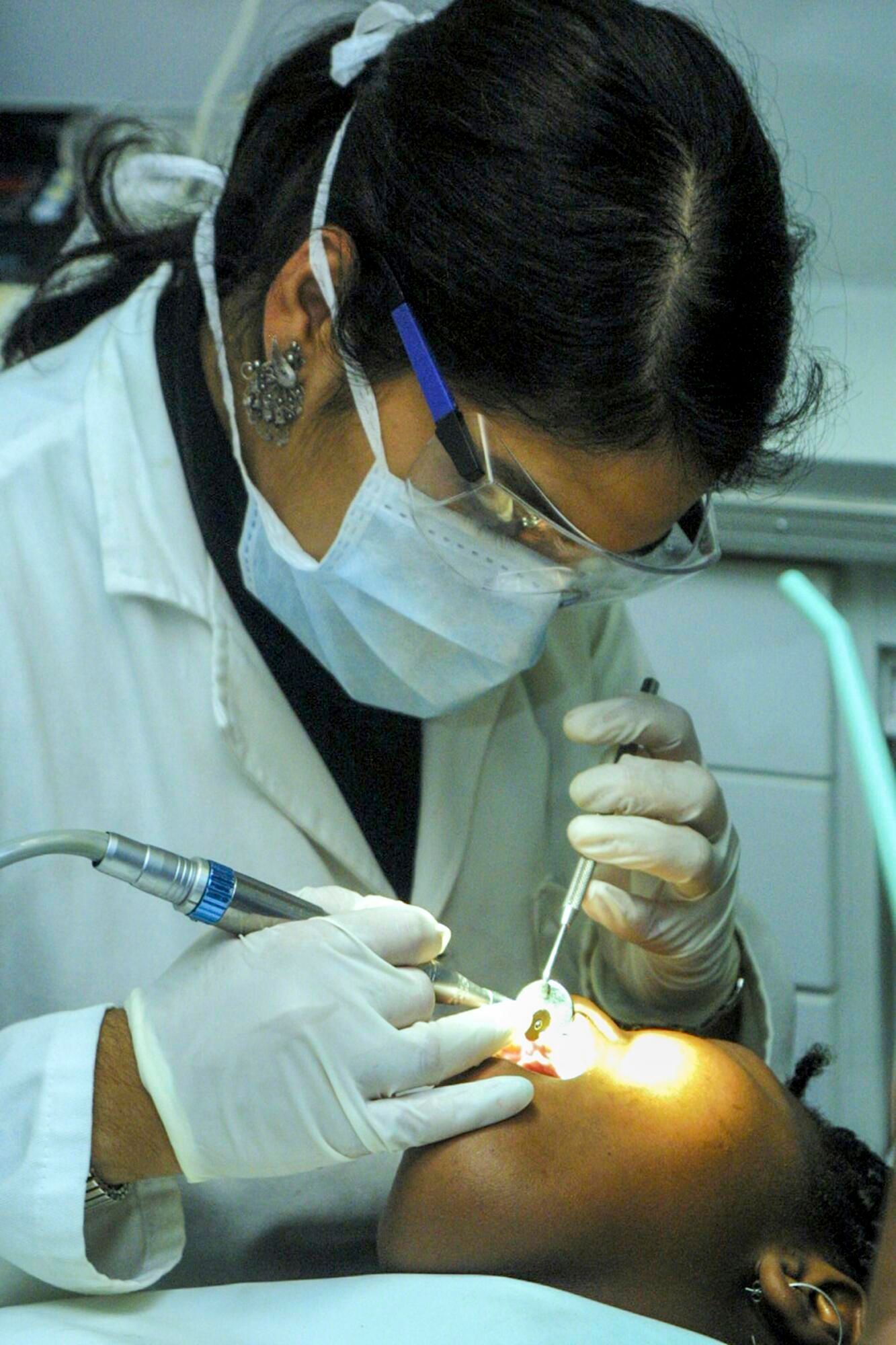Are you interested in getting dental implants? Click here for a guide to choosing your dental implants oral surgeon in Lutz, FL.
Up to 30 million Americans are missing some of their teeth in at least one jaw. As advancements in dental implants happen, they now have a 95% success rate in addressing this issue.
Prioritizing your dental health and pursuing dental implants is a big decision. You want to find the best implant surgeon for your oral care and to do the implant procedure.
So, what should you consider when looking for an implant surgeon? Read on to help find your dental implants oral surgeon in Lutz, FL.
Experience
One of the biggest considerations in selecting an oral surgeon is their experience level. Many patients will feel awkward or shy in asking a professional about their experience level, but you shouldn't.
You might find some general dentists and periodontists trained to perform implant surgery. Yet, they might not do it as frequently as an oral surgeon does and therefore have a higher experience level.
Training
When asking about the experience, also enquire about the oral surgeon's training. Are they involved in continual learning so they keep up with the most recent advancements?
You should expect that the person performing your surgery has received advanced training in dental implant placement.
Since a positive outcome is your highest priority, you want to ensure you entrust your oral care to someone with advanced and specialized training in placing a dental implant.
Who Will Perform the Procedure
In a busy dental office or an office with multiple oral surgeons, you want to know exactly who will perform the procedure for you.
Make sure the doctor you consult is the one who will perform your procedure. So when you ask about experience and training and get answers, you know it's that person doing the surgery on your mouth.
Designated Surgery Area
Ask about where your implant surgery will be performed. You should hope to have a designated surgical area separate from other general treatment areas.
You want to know that the surgery will be performed in a comfortable area that provides you with the important privacy you deserve during your treatment and recovery times.
At your consultation, don't be shy about asking to see where your surgery will occur.
Office Environment
Your safety, comfort, and confidence should be paramount when selecting a surgeon. But you'll also have multiple interactions with staff that support the oral surgeon.
Do they make you feel comfortable? Are they forthcoming in answering your questions and providing information?
You want to feel confident that the environment you choose for surgery makes you feel good.
Comfort Level
Consider your comfort level, too, with the oral surgeon. You've probably had experiences with other medical professionals where you felt like they weren't making time for you or your thoughts were being dismissed.
The oral surgeon you choose should prioritize your care from start to finish. That includes taking the time to talk with you about what to expect and answering all your questions thoroughly.
Aligned Goals
Part of the success of any procedure like this is communication. You want to be clear about your goals in having a dental implant placed. Many patients will feel reluctant to speak up about their goals.
You also want an oral surgeon who will be forthcoming about their goals for the surgery. You need to have aligned goals.
Be prepared to hear if there may be limitations or possible issues, and make sure you understand them when you talk with the oral surgeon.
Insurance
Of course, you will want to consider your insurance coverage. If you have dental insurance that will cover a portion of the procedure, they may require you to see a certain provider.
The oral surgeon should be prepared to outline the cost of the procedure, what will be covered, and what will be an out-of-pocket expense.
If you don't have insurance or insurance that doesn't cover the surgery, ask about possible payment plans to cover the expense.
Cost Factors
Having said all that about insurance and cost, you should not choose an oral surgeon solely on cost factors. Getting oral surgery for a dental implant is a surgical procedure.
You need a person who is well-trained and experienced. You shouldn't choose your care provided solely because they are the least expensive option. This isn't like buying a TV.
Consider cost, then also factor in other considerations to find the best care provider.
Dentist Input
Your regular dentist is part of your oral health plan. They probably also know you well.
They are professionally trained and know more about what happens during dental implant surgery. Ask for their feedback about your oral surgeon's choice.
They should be willing to provide referrals to oral surgeons who have provided quality care for other patients.
Patient Reviews
It's always a good idea to go online and read the reviews left by previous patients. Their experience can give you insight into what to expect as you approach your surgery.
When reading reviews, it's important not to get too focused on one negative review. Instead, look for the trends in reviews. Overall, what was the experience like for previous patients who had oral surgery with the doctor you're considering?
Before and After Images
Finally, ask the oral surgeon to allow you to see some before and after photos from previous patients.
Of course, they must protect the privacy of those patients, as they should protect yours. But they should have some close-up images available to see how the oral surgery site might look before, during, and after.
Find Your Dental Implants Oral Surgeon in Lutz, FL
Deciding to have dental implant surgery is a big decision. Anytime you undergo surgery, you want to know if you have the best person performing it.
We hope you'll consider our office as you look for dental implants oral surgeon in Lutz, FL.
Contact us to arrange a consultation to discuss how we can help you.




